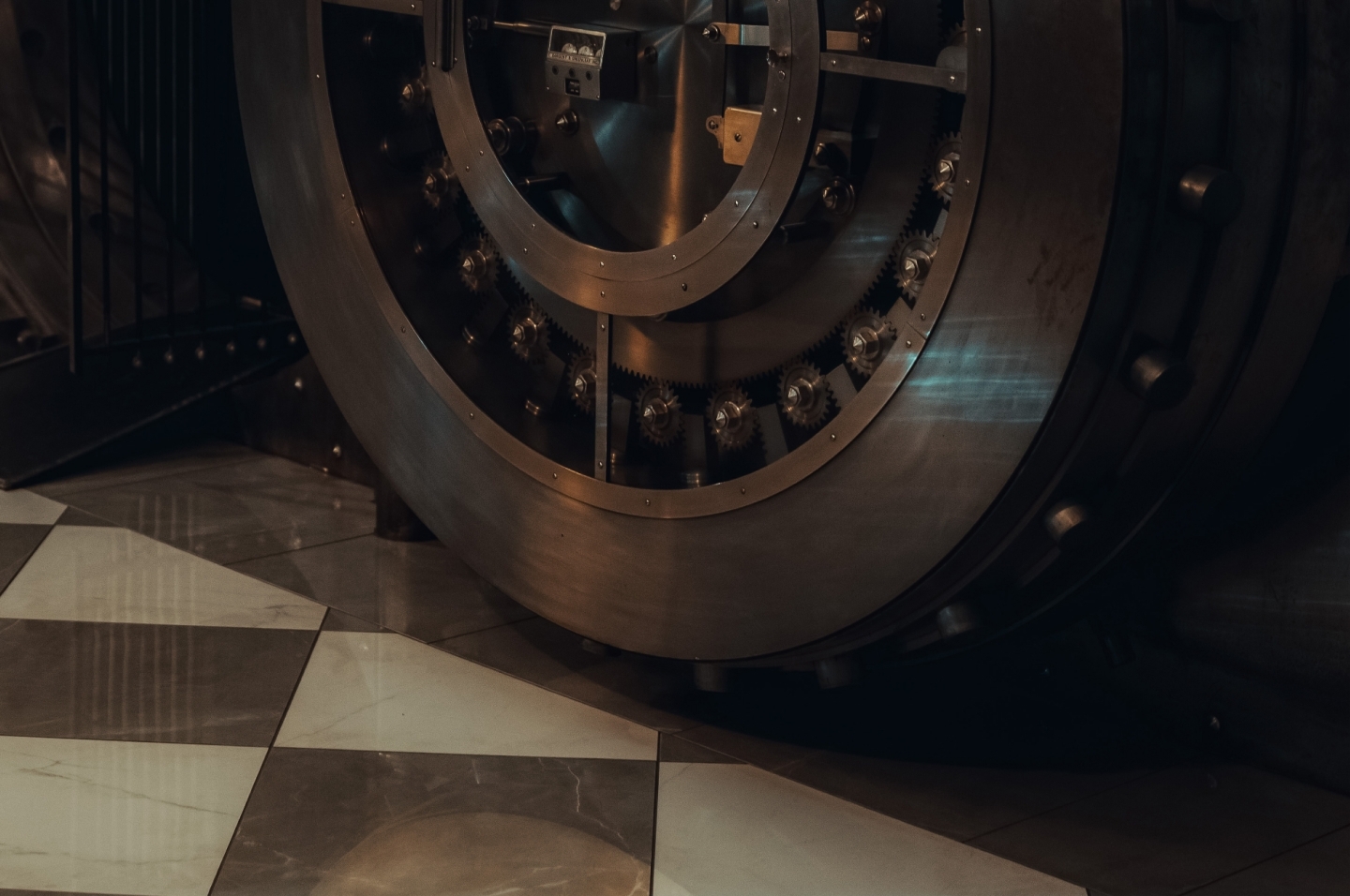
Servers
In an industry known for its human connection, robots are paradoxically becoming a key point of contact.
Hotel slogans often contain words like “warmth”, “people”, “friendliest”, “family” and “life”. So it’s interesting that several of those companies, including major chains like Hilton ($HLT) and Mandarin Oriental, now use robots to welcome and assist guests.
The service industry has widely adopted the use of AI, primarily through virtual chat systems such as chatbots. These chatbots are equipped to handle simple queries to streamline the customer service process, leaving more complex requests for human associates. But some companies are taking this a step further, introducing physical robotic technology in operations that include customer-facing and back-end areas.
Aside from using robots at check-in for example, hotels have employed robots to help guests with their luggage, assist in housekeeping, do simple room service delivery and even refresh clothes using steam-cleaning technology installed in wardrobes. One extreme example is Japan’s Henn na Hotel, which opened with a workforce of 243 robots employed in different departments.
Unsurprisingly, the most cited reason for companies to adopt robots is to cut costs – they can work around the clock without breaks. And by taking menial and repetitive tasks off the hands of human workers, they increase the efficiency of the company’s overall workforce.
While there are worries about the impact on employment, current robotic technology isn’t ready to replicate the flexibility and service offered by people. Continuing on from the above example, Japan’s Henn na Hotel actually replaced over half of its robotic workforce within four years, quoting an inability to assist with more complex requests, constant breakdowns and expensive maintenance. And ultimately, guests were asking for human hospitality.
Regardless, the service robotics industry is expected to have a compound annual growth rate (CAGR) of 21.5%, to potentially be worth US$220b by 2030. While most manufacturers are based in Asia, Rockwell Automation ($ROK) and IBM ($IBM) are considered to be some of the major U.S. players. The ultimate goal for hospitality robots is to be able to deliver “socially and emotionally interactive experiences”. If that’s achieved, would you be happy to be served purely by robots?

